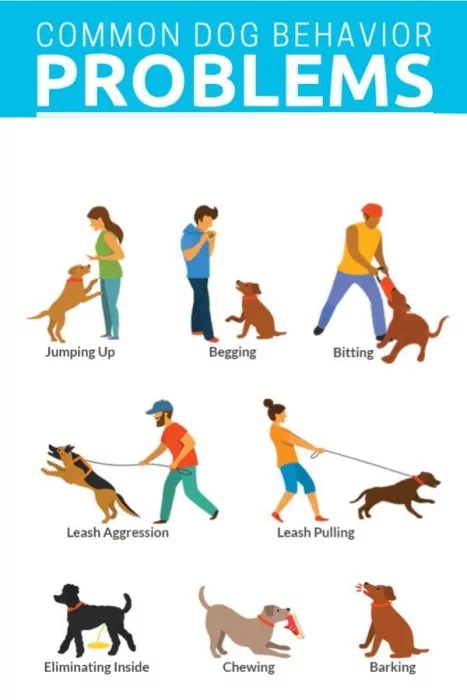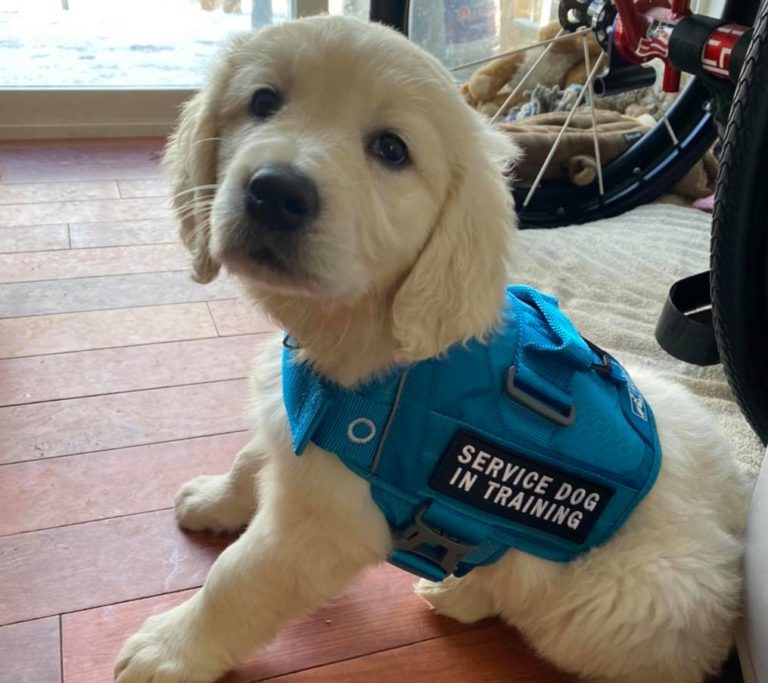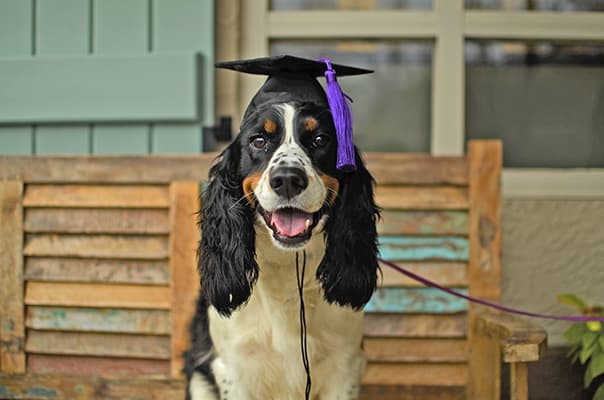Unlock Your Pet's Potential: Proven Dog Training Techniques for Success
Effective canine training is a nuanced process that hinges on understanding canine habits and employing scientifically backed approaches. Dog training. By incorporating favorable support, developing clear commands, and prioritizing socialization, dog proprietors can grow an efficient connection with their pets. However, obstacles often arise that call for customized services and a client approach. Checking out these shown approaches exposes not only the capacity for behavioral renovation however also the much deeper bond that can be formed in between owner and pet. What crucial methods must be thought about to genuinely unlock your canine's possibility?
Understanding Pet Dog Actions
Comprehending pet behavior is crucial for reliable training and fostering a favorable partnership between pet dogs and their proprietors. An extensive understanding of canine body movement, vocalizations, and social interactions is critical for recognizing their feelings and needs. Canines interact largely through non-verbal hints; for instance, a wagging tail might show excitement, while pinned ears can indicate concern or entry.

Additionally, environmental elements play a significant duty in shaping a pet's habits. Adjustments in regular, new surroundings, or the visibility of unknown individuals can bring about anxiety or stress and anxiety in dogs. Identifying these triggers makes it possible for owners to mitigate damaging reactions and develop proper training techniques.
Ultimately, a deep understanding of pet dog behavior lays the structure for successful training approaches, enhancing both behavior and the total bond between the pet dog and its owner. Dog training. This understanding is essential for cultivating a well-adjusted, pleased canine friend
Positive Support Techniques
Reliable training relies greatly on favorable reinforcement strategies, which have been shown to generate significant lead to forming preferred actions in dogs. This technique includes rewarding a pet dog for displaying particular habits, therefore increasing the likelihood that these actions will be repeated. Rewards can take various types, including deals with, praise, playthings, or playtime, depending on what motivates the private dog.

It is important to slowly phase out benefits as the pet dog learns the behavior, transitioning to recurring support. This technique maintains the behavior over time while protecting against dependency on continuous rewards. By concentrating on favorable support, fitness instructors can grow a relying on connection with their dogs, advertising a healthy and cooperative training environment that boosts general obedience and performance.
Establishing Consistent Commands
A basic element of effective pet dog training is the establishment of consistent commands. Uniformity in commands is essential for reliable interaction between the canine and the this website instructor. When commands are uniform, pets discover to link specific words with wanted actions, which speeds up the training procedure and enhances understanding.
To develop consistent commands, it is crucial that all family members make use of the very same terms and motions. For instance, if a single person makes use of "rest" while an additional states "take a seat," it can develop confusion for the pet. Select clear, distinctive words for commands and make sure every person entailed in the canine's training sticks to these options.
Strengthen dog on toilet commands through constant method, making certain that the dog gets adequate possibilities to react properly. When a pet effectively complies with a command, immediate positive support needs to adhere to.
Last but not least, be client. Developing consistent commands takes some time and initiative. With devotion and clearness, you will help your pet dog establish a solid understanding of expectations, inevitably resulting in a well-behaved buddy.
Socializing and Exposure
Mingling a dog is necessary for cultivating a well-adjusted and positive buddy. This procedure involves subjecting your dog to a variety of environments, people, and various other pets to create their social skills and versatility. Early socialization, preferably in between the ages of 3 to fourteen weeks, is essential, as it prepares for a pet dog's future behavior.
Throughout socialization, objective to give positive experiences in various setups, such as parks, hectic streets, and homes with various other family pets. Introduce your canine to different stimulations, consisting of sounds, views, and scents, guaranteeing that each experience is rewarding. This exposure helps mitigate fear and stress and anxiety, leading the way for a much more resilient dog.
Participating in controlled team play sessions with other dogs can also boost social abilities, instructing your pet proper communications and limits. Always monitor your pet dog's comfort degree throughout these experiences, progressively raising direct exposure as their self-confidence expands. Bear in mind, the goal is to create a well-rounded animal that thrives in diverse circumstances, advertising an unified partnership with both people and various other animals. Focusing on socializing will considerably add to your canine's overall joy and actions throughout their life.
Conquering Common Educating Challenges

Canines may have a hard time to focus in unknown see here now or active settings. Progressively desensitize your pet dog to interruptions by beginning training in a silent setting and slowly introducing even more stimulations as they become competent.
Additionally, behavior issues like jumping or excessive barking can become aggravating. Address these by showing alternative behaviors, such as sitting steadly when greeting visitors. Uniformity and perseverance are crucial; enhance wanted behaviors consistently and stay clear of scolding, which can result in complication.
Last but not least, identify that each pet is distinct, and training timelines may vary. Tailor your strategy to your dog's specific demands, and seek expert assistance if required. With determination and the right strategies, getting rid of these challenges can result in a trained, satisfied canine companion.
Conclusion
In conclusion, unlocking a canine's potential requires an extensive technique that incorporates an understanding of canine habits, the application of positive reinforcement strategies, and the establishment of constant commands. Early socializing and direct exposure to diverse atmospheres better improve a canine's flexibility and self-confidence. By attending to typical training challenges with tailored methods and patience, a participating and harmonious connection between pet and trainer can be promoted, inevitably causing a well-behaved companion with the ability of prospering in various scenarios.
Effective dog training is a nuanced procedure that pivots on understanding canine behavior and utilizing scientifically backed techniques.Recognizing pet dog actions is important for reliable training and cultivating a positive partnership between pet dogs and their proprietors.Reliable training depends heavily on positive support techniques, which have actually been shown to produce significant results in shaping wanted actions in pets. When commands are uniform, dogs learn to connect specific words with preferred actions, which speeds up the training procedure and improves understanding.
In verdict, unlocking a dog's prospective necessitates an extensive strategy that includes an understanding of canine habits, the application of favorable support methods, and the facility of consistent commands.